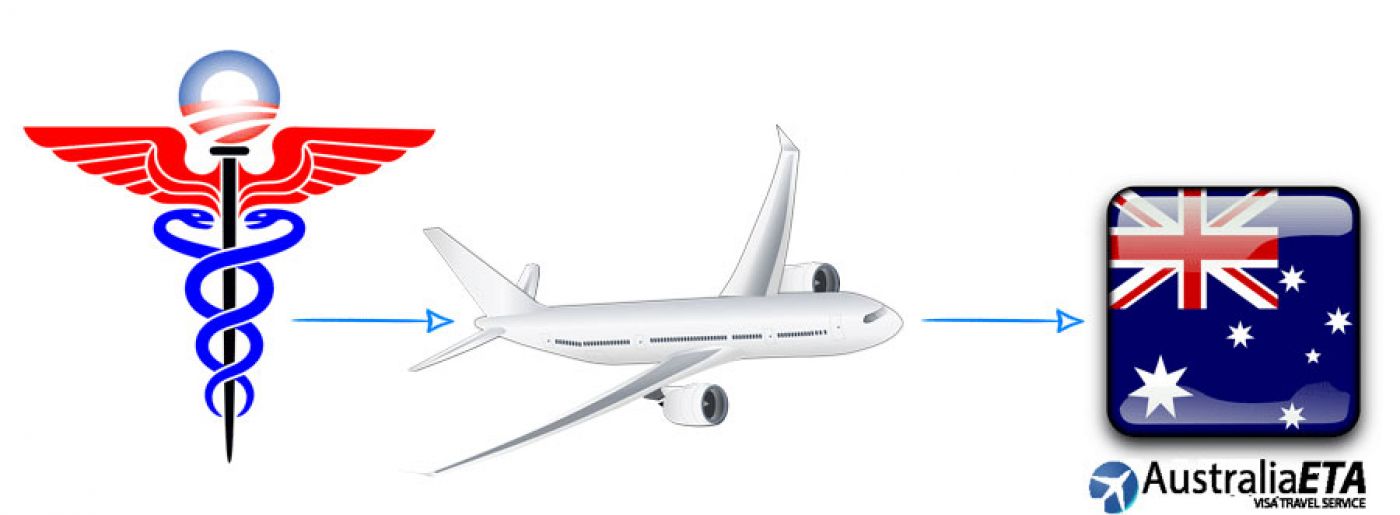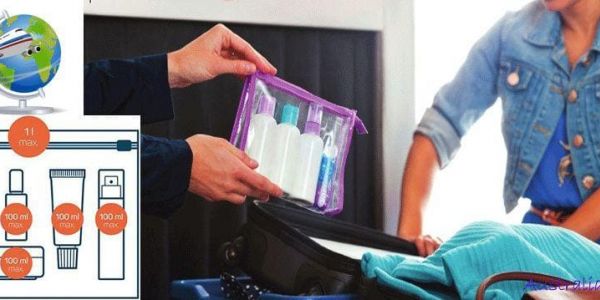Medicines you can carry when traveling to Australia

After deciding the destination of our trip it is always good to know if there are any particular health problems or if there are any mandatory or specific recommended vaccinations to be made. For vaccinations you can go to the international vaccination centre of the local health authority.
Each country of destination, including Australia, has restrictions on the transportation and entry of medicines into the territory.
What are the drugs that should not be missing in your suitcase? It is good to make a clarification, in the sense that the drugs to be packaged depend on the type of trip, the destination, and the duration.
If the destination of the trip is a hot country or subject to hygienic - sanitary conditions at risk, it is absolutely necessary to contact your doctor to get advice about any suitable pharmacological and vaccine prophylaxis.
What are the drugs that absolutely must not be missing in your suitcase?
First of all, those who follow a chronic medical therapy must bring an adequate supply of medicines (antidiabetic, antihypertensive, antiepileptic, anti-anginal, contraceptive, etc.) in order to cover the period in which they will be away from home. In fact, especially when you go abroad, it can be difficult if not impossible to find the particular drug you need. It is however advisable to bring along with the usual medicines also a prescription of the doctor in charge in English in which it is noted, in addition to the commercial name of the medicine, also the name and quantity of active ingredient contained in that particular product: in this way, in case of necessity, if that particular drug is not marketed in the destination country of our trip it is at least possible to temporarily resort to an equivalent preparation.
In general, it is advisable to take some products that we normally keep in the home cabinet, such as:
- An antipyretic (against fever)
- An analgesic (against pain)
- An antidiarrheal
- A broad-spectrum antibiotic of action
- An anti-inflammatory
- A drug against motion sickness (car sickness, seasickness, air sickness)
- An eye drop
- A repellent product against mosquitoes and other insects
- An anti-scald cream
- A first aid kit with patches, disinfectant, a few sterile syringes and the equipment for a ready dressing
- A thermometer
- An ointment against haematomas and sprains
- If you have planned a holiday in the mountains it is prudent to take precaution of the whey serum.
During the trip it is highly advisable not to put the medicines in the suitcase but in the hand baggage because in this way, in case of loss of baggage, in addition to eliminating the risk of eventually having to stop a chronic medical therapy you are sure you can place in any moment, if necessary, of its "travel pharmacy".
It is also important to keep in mind that high temperatures affect some drugs so that, in this case, special containers must be used to protect these products from possible thermal shocks. It is advisable to dissolve any doubts regarding the use of drugs that take you on a trip asking, before departure, clarifications to your doctor; however, it is good practice to take care to always keep the sheets with the instructions for use in the packs of drugs to be able to consult them whenever the need arises.
But can medicines be brought by plane?
Yes, you can carry medicines in your hand luggage even if it is good to limit the medicines to what is essential for the period of air travel.
It is preferable that the medicines are transported in their original packaging, so that they can be recognized.
During the safety check you may be asked to provide proof of the real necessity of the life-saving medicines you are carrying on board the aircraft. To this end, it is necessary to remember to bring with us the medical certificate that prescribes it. The drugs must be stored in their original packaging and with the package insert.
With regard to the transportation of liquid medicines, in spite of the restrictions it is possible to carry in hand baggage medicines in quantities not exceeding 100 ml presented in individual containers, always accompanied by a medical prescription that justifies their use.
Syringes and insulins in airplanes

This is one of those special cases we have to pay attention to. The safety rules imposed prohibit the presence in the hand baggage of syringes, but the problem is different if the passenger needs to prune with him due to an illness. In this case, the passenger is obliged to bring with him a medical certificate attesting the suffered pathology. It will also be mandatory to inform the check-in staff. The syringes transported must be inserted into a second transparent plastic container. It is possible to find information by consulting Liquids in your hand baggage
For any questions regarding the trip on Australian territory, starting from the visa for visiting Australia or for the organization of the trip including the preparation of luggage, customs duties, you can request information by sending e-mail from the contact form on the homepage of the site or by consulting the visa Australia FAQ.
Other articles that may interest you

Liquids in hand baggage

Character and health requirements

